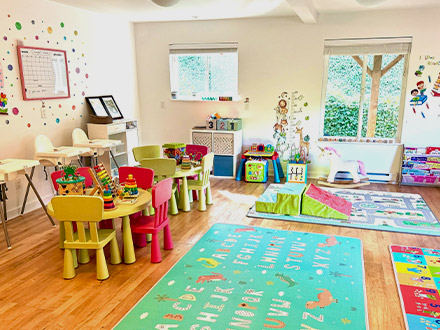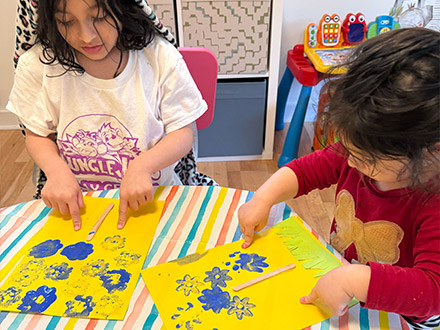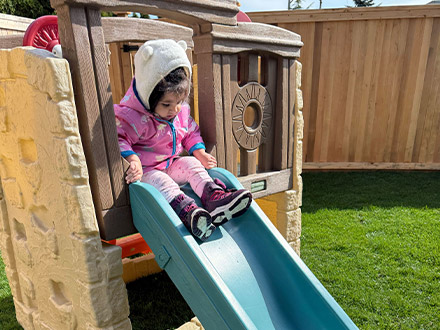Sunny Nest Childcare
Get In Touch
Monday to Friday: 7:00 AM – 5:00 PM
Saturday, Sunday: Close
Email: [email protected]
Phone: +1 (604) 348-6272
Sunny Nest Childcare
Get In Touch
Monday to Friday: 7:00 AM – 5:00 PM
Saturday, Sunday: Close
Email: [email protected]
Phone: +1 (604) 348-6272











Comments are closed